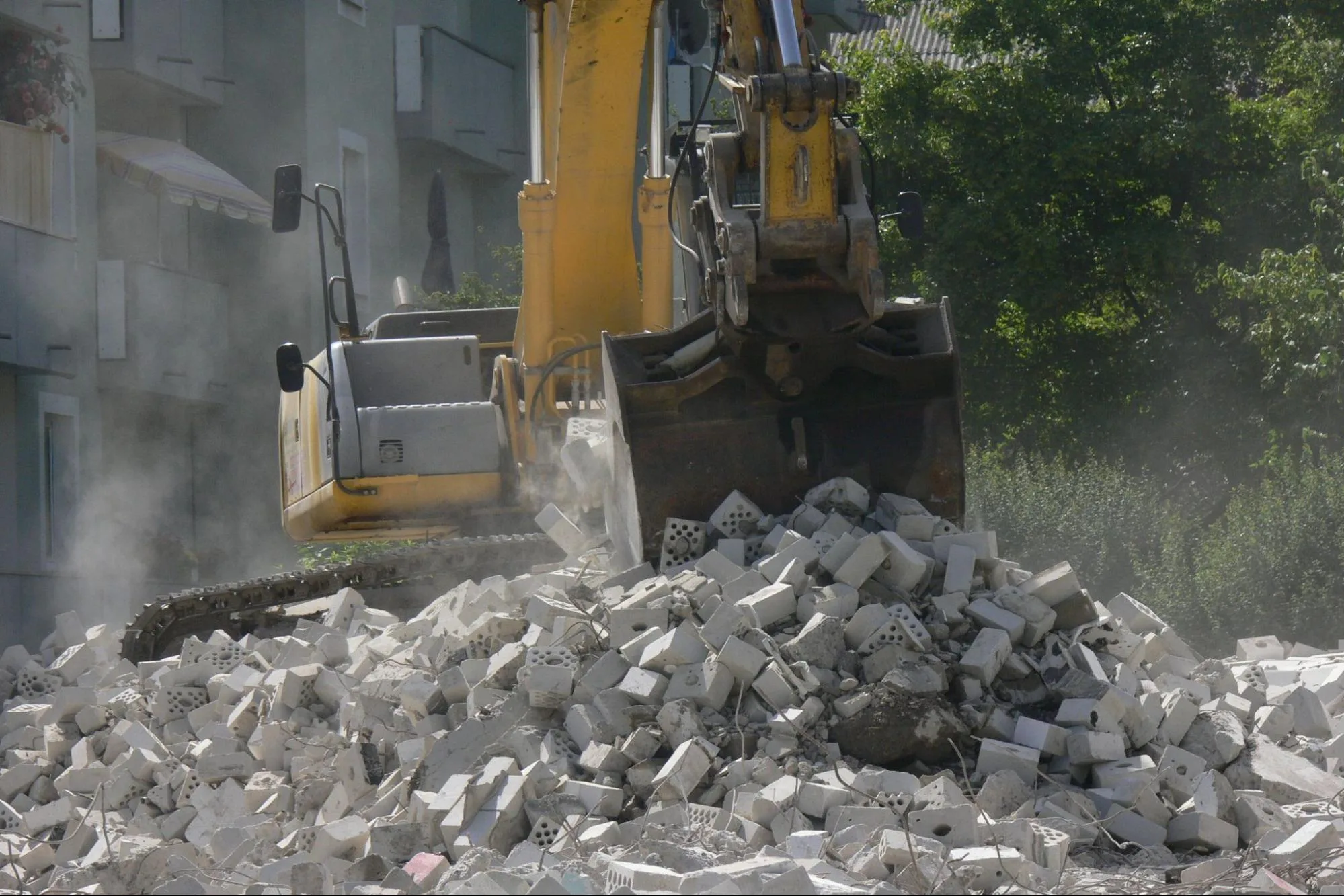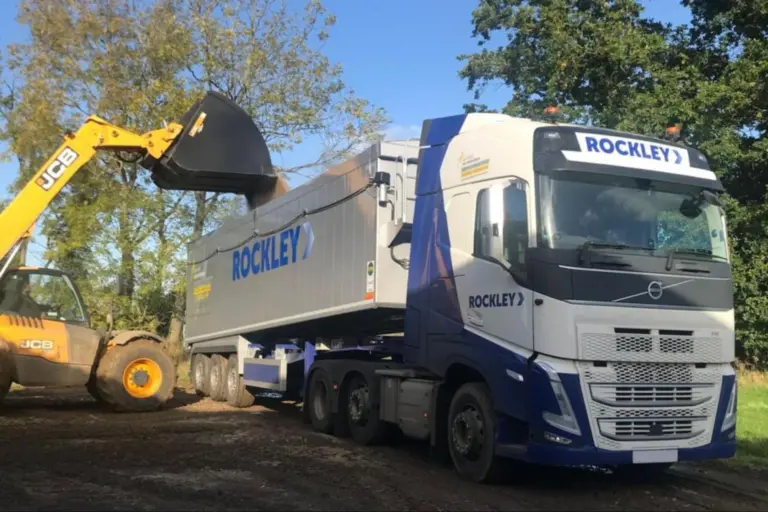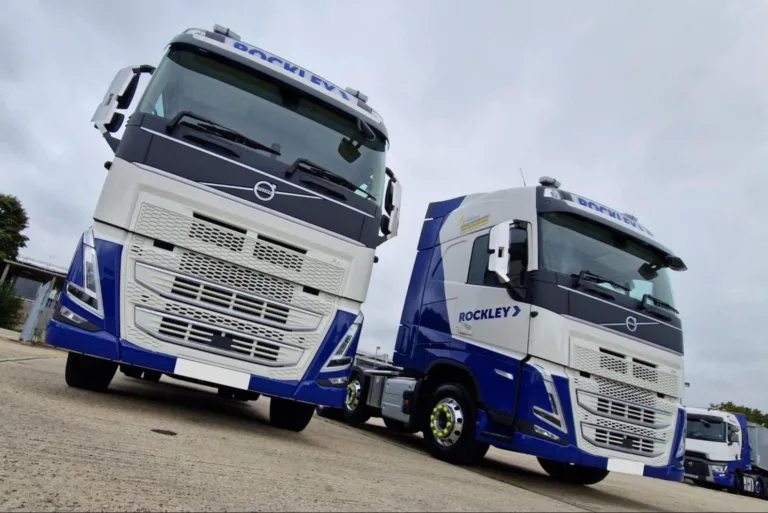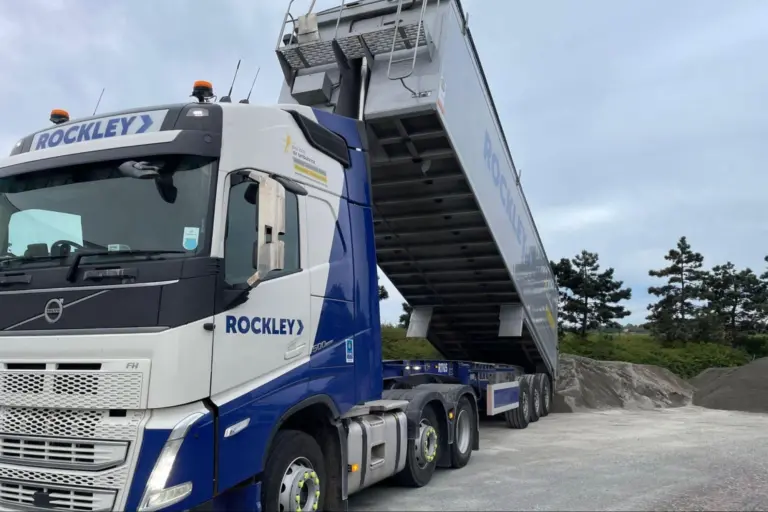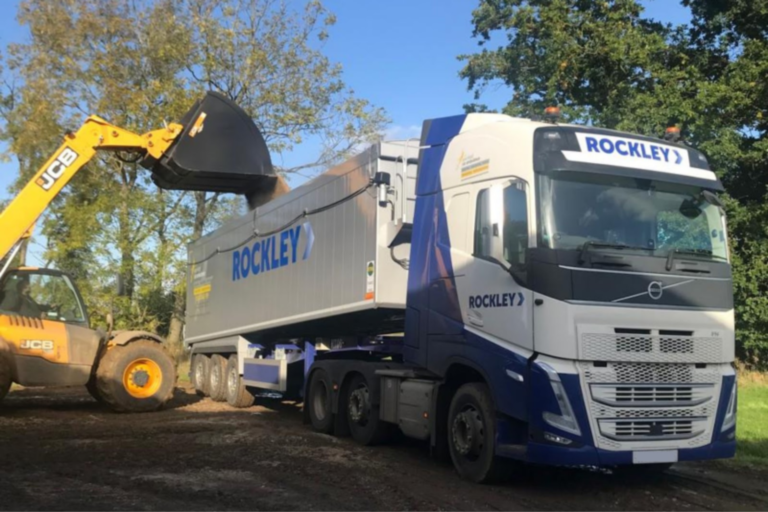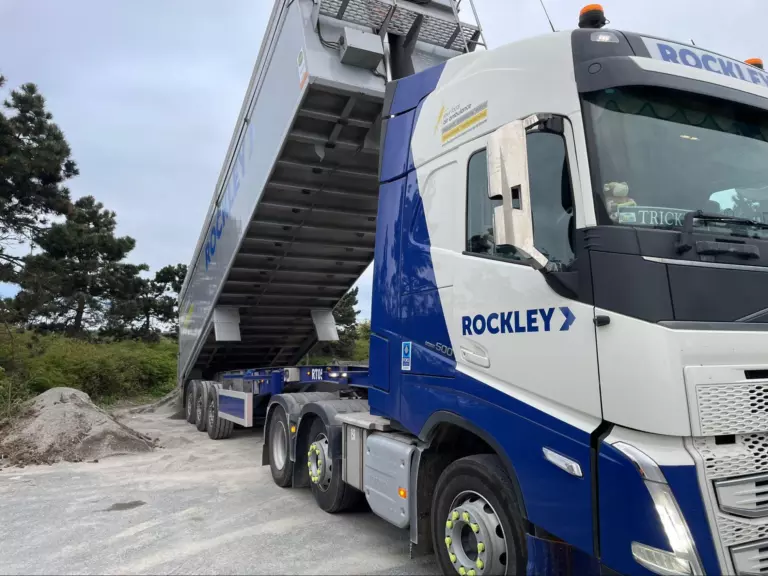From Demolition to Disposal: A Deep Dive into Waste Haulage for Construction Projects
The construction industry produces a vast amount of waste, from rubble and debris during demolition to leftover materials and packaging from new builds. Effectively managing this waste is essential, not only to maintain a safe and efficient worksite, but also to meet strict environmental regulations. This is where waste haulage for construction projects comes into play.
More than just removing debris, waste haulage involves a systematic approach to collecting, transporting, and disposing of construction waste in a way that minimises environmental impact. Whether it’s recycling materials, reducing landfill contributions, or adhering to legal requirements, understanding the waste haulage process is important for contractors and project managers alike.
In this blog, explore the journey of construction waste, from demolition to disposal. Know the types of waste generated, the importance of working with professional waste management services, and practical tips for handling waste responsibly.
The Importance of Proper Waste Management
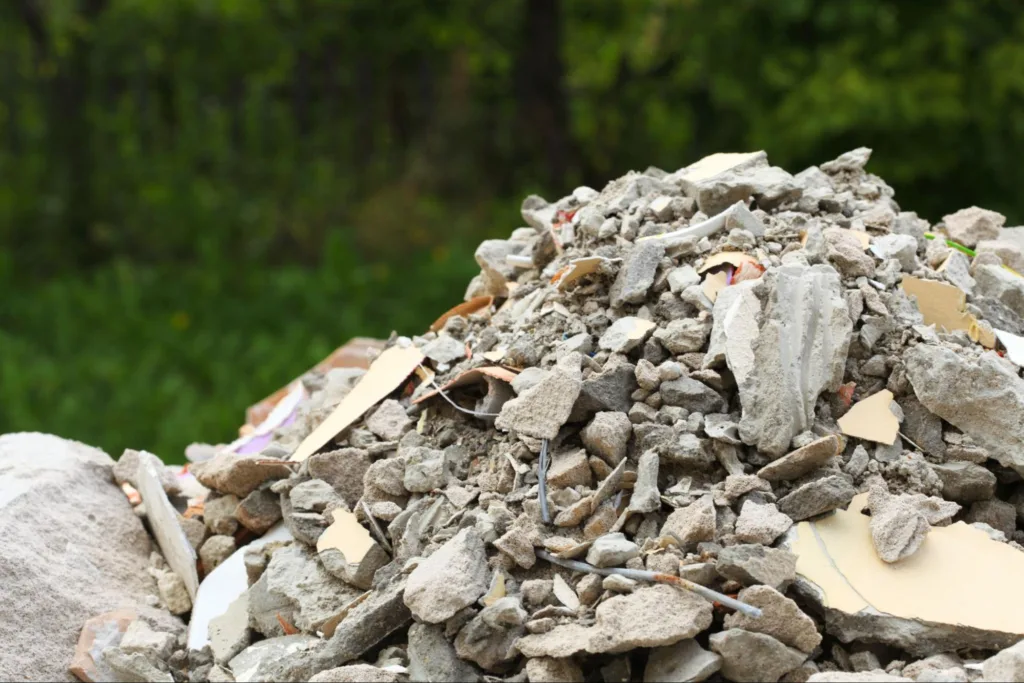
Effective waste management is a cornerstone of any successful construction project. It ensures that waste is handled responsibly, contributing to a safer work environment, regulatory compliance, and environmental sustainability. Here’s why proper waste management is crucial:
- Compliance with Legal Requirements
Construction projects in the UK must adhere to strict waste management regulations, including the Duty of Care for waste. Proper waste management ensures compliance with these laws, helping avoid fines and legal complications. It also ensures that hazardous materials, such as chemical waste, are handled and disposed of safely.
- Environmental Responsibility
The construction industry is one of the largest contributors to landfill waste. Proper waste management focuses on reducing this impact by promoting recycling and sustainable disposal methods. By sorting and recycling materials like concrete, metal, and timber, construction firms can significantly reduce their carbon footprint.
- Cost Savings
Efficient waste management can also lead to financial benefits. By recycling materials and minimising landfill usage, projects can reduce disposal costs. Additionally, reusing materials on-site can cut down on purchasing new resources, further lowering expenses.
- Improved Site Safety
Proper waste disposal reduces clutter and hazards on-site, creating a safer environment for workers. Clear, organised worksites help minimise risks of accidents, improving overall project efficiency.
By prioritising proper waste management, construction projects can achieve a balance between operational efficiency, environmental stewardship, and cost-effectiveness.
Types of Construction Waste
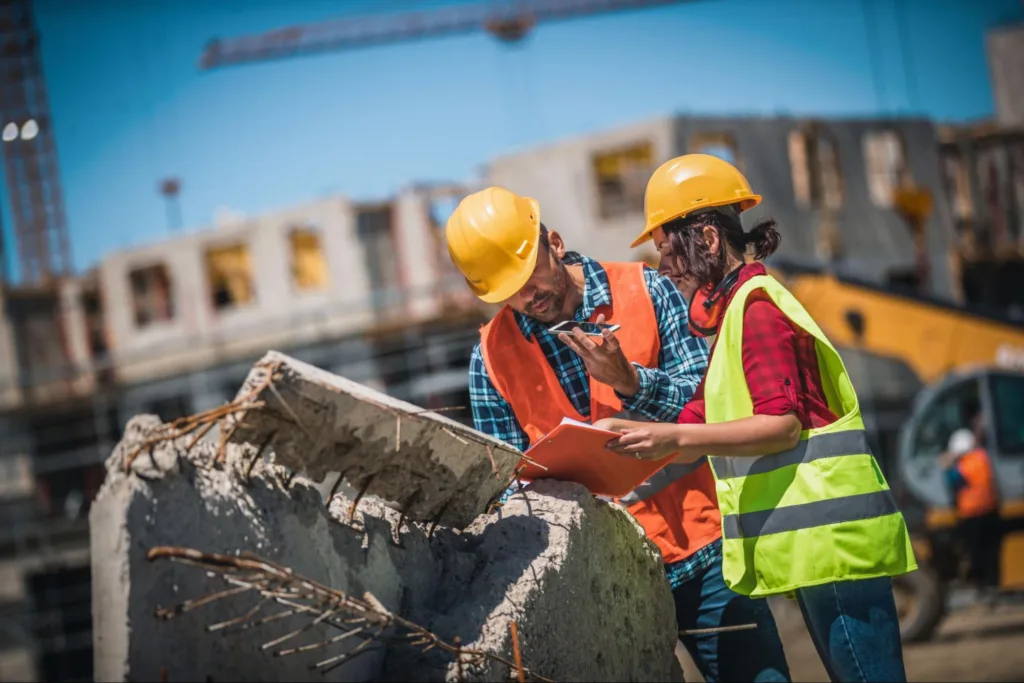
Construction projects generate a wide variety of waste materials, each requiring specific handling and disposal methods. Understanding the different types of construction waste is crucial for effective waste management. Here are the main categories:
- Inert Waste
This includes materials like concrete, bricks, tiles, and ceramics. These are typically non-biodegradable and non-hazardous. Inert waste is often recyclable and can be repurposed for use in other construction projects, such as road base or aggregate.
- Hazardous Waste
Hazardous waste includes materials that pose risks to human health and the environment, such as asbestos, lead-based paints, and certain chemicals. These require specialised handling and disposal by licensed professionals to ensure compliance with safety and environmental regulations.
- Non-Hazardous Waste
This category encompasses general construction waste like wood, plasterboard, plastics, and glass. While non-hazardous, these materials should still be sorted and recycled where possible to minimise landfill use.
- Excavated Materials
Excavation often produces large quantities of soil, rock, and clay. Depending on their composition, these materials can be reused on-site for landscaping or other purposes, reducing the need for disposal.
- Packaging Waste
Construction projects generate significant amounts of packaging, including cardboard, plastic wrap, and metal bands. These items should be separated and recycled to reduce waste.
By understanding the types of construction waste, project managers can implement tailored waste management strategies, ensuring efficient disposal and maximising recycling opportunities.
Choosing the Right Waste Haulage Company

Selecting the right waste haulage company is crucial for the efficient and compliant management of construction waste. With so many options available, it’s important to consider several key factors to ensure you partner with a reliable and responsible service provider.
- Licensing and Compliance
It is a must to ensure the company holds the necessary licenses to handle and transport construction waste, including hazardous materials if applicable. In the UK, waste carriers must be registered with the Environment Agency. A compliant company will also provide waste transfer notes and documentation to help you meet legal requirements.
- Range of Services
Different construction projects generate varying types of waste, from inert materials to hazardous substances. Choose a company that offers a comprehensive range of services, including recycling, hazardous waste handling, and skip hire, to cover all your project’s needs.
- Recycling Commitment
Look for a waste haulage company that prioritises recycling and sustainable disposal methods. A company committed to minimising landfill contributions not only helps reduce your project’s environmental impact but may also lower disposal costs.
- Experience and Reputation
An experienced waste haulage company is more likely to understand the complexities of construction waste management. Check reviews, testimonials, and case studies to gauge their reliability and track record.
- Flexible and Timely Service
Construction timelines can be unpredictable, so partnering with a company that offers flexible scheduling and prompt service is vital. This ensures that waste is removed efficiently, keeping your site clean and your project on track.
Choosing the right waste haulage company can streamline your waste management process, ensuring compliance, sustainability, and cost-efficiency throughout your construction project.
Cost-effective Solutions for Waste Disposal
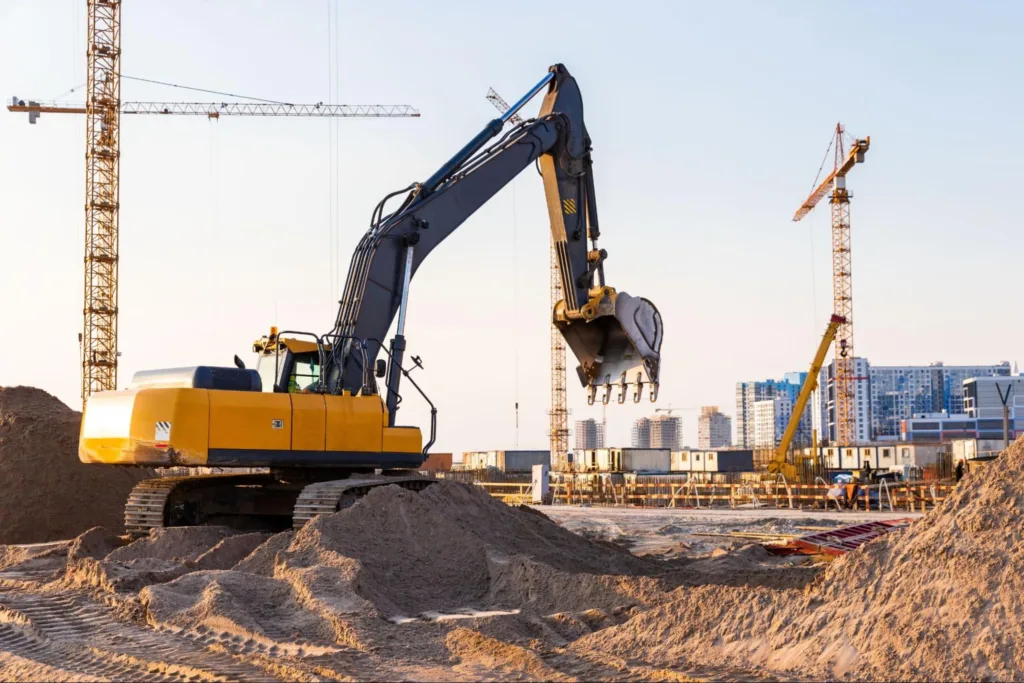
Managing construction waste doesn’t have to break the budget. By implementing smart strategies and leveraging the right services, you can keep costs in check while maintaining efficiency and compliance. Here are some cost-effective solutions for waste disposal:
- Partner with a Reliable Waste Haulage Company
Choosing a professional service for waste haulage for construction projects can save both time and money. Look for companies that offer competitive pricing and tailored services, such as flexible skip hire or consolidated waste collections. This ensures you only pay for the services you need.
- Sort and Segregate Waste On-site
Sorting waste at the source helps identify materials that can be recycled or reused, reducing the volume sent to landfill. For example, separating metals, timber, and plasterboard can significantly cut disposal costs and even generate revenue from recyclable materials.
- Opt for Bulk Disposal Services
If your project generates large volumes of waste, bulk disposal services can offer significant savings. Many waste haulage companies provide discounted rates for larger loads, making it a more economical option for big projects.
- Reuse Materials When Possible
Salvaging materials like bricks, concrete, and timber for use in other parts of the project reduces the need for new purchases, lowering both disposal and procurement costs.
- Plan Waste Management Early
Incorporating waste management into your project planning phase helps anticipate costs and avoid last-minute expenses. Efficient scheduling of waste collections ensures fewer disruptions and optimises haulage costs.
By adopting these strategies, construction projects can manage waste efficiently and affordably, making the most of professional waste haulage services.
Conclusion
Effective waste management is a critical aspect of any construction project, from the initial stages of demolition to the final disposal of materials. Understanding the process of waste haulage for construction projects not only ensures compliance with legal and environmental regulations but also contributes to cost savings and operational efficiency. By working with a reliable waste haulage provider, construction firms can streamline the collection, transport, and disposal of various types of waste, from inert materials to hazardous substances.
Proper planning and execution of waste haulage can also support sustainability goals. Recycling and reusing construction materials, such as concrete, metals, and timber, reduces the environmental impact of projects and promotes a circular economy. Additionally, modern waste management companies offer innovative solutions that maximise recycling efforts while minimising landfill contributions.
Whether you’re managing a small-scale renovation or a large commercial build, investing in professional waste haulage for construction projects is a smart move. It helps maintain a safe, organised worksite and ensures your project remains compliant and eco-friendly.
In today’s construction industry, where efficiency and sustainability are paramount, understanding and implementing effective waste haulage practices is more important than ever. By adopting a proactive approach to waste management, you can ensure your project runs smoothly from demolition to disposal, delivering results that benefit your business, the community, and the environment.
